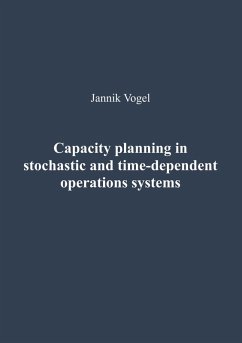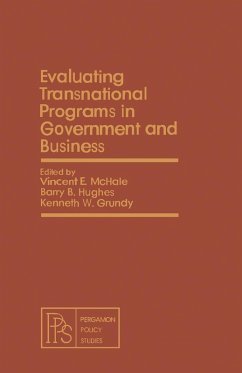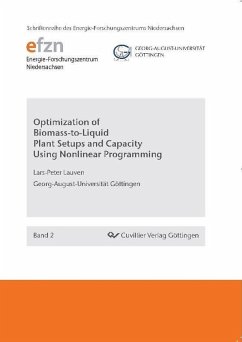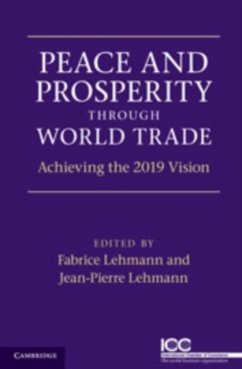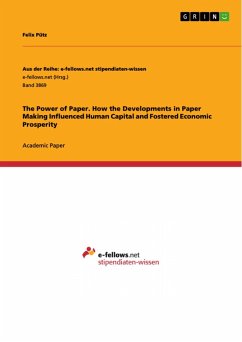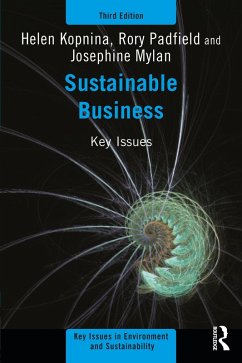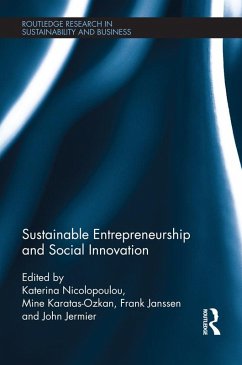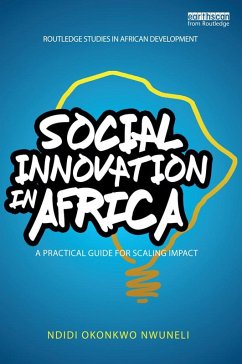
Bringing Forth Prosperity - Capacity Innovation in Africa (eBook, PDF)
Versandkostenfrei!
Sofort per Download lieferbar
72,95 €
inkl. MwSt.
Weitere Ausgaben:

PAYBACK Punkte
36 °P sammeln!
Capacity innovation is the key to Africa's transformation- with the appropriate catalysts- and innovation and transformation are but a matter of time in gestation. The first of two major catalysts necessary to prompting this change came at the adoption of the New Partnership for Africa's Development. It is one of the most profound collaborations of African Heads of State. The second catalyst is proposed in this work in the form of the multinational corporation as change agent for the innovation process working in alliance with NEPAD as Africa's spokesperson for innovation. The policy framework...
Capacity innovation is the key to Africa's transformation- with the appropriate catalysts- and innovation and transformation are but a matter of time in gestation. The first of two major catalysts necessary to prompting this change came at the adoption of the New Partnership for Africa's Development. It is one of the most profound collaborations of African Heads of State. The second catalyst is proposed in this work in the form of the multinational corporation as change agent for the innovation process working in alliance with NEPAD as Africa's spokesperson for innovation. The policy framework for African capacity innovation is the material product along with discourse for redress of corruption and security policy narrative for protecting the assets of multinational corporations.Bringing Forth Prosperity - Capacity Innovation in Africa:* Questions capital theory as a development construct and an appropriate platform upon which sustained capacity innovation in Africa may emerge; * Explores Africa's road to modernity in the context of selected development constructs and assesses capacity innovation from a top down-bottom up perspective purposely to serve as backdrop to the Africa-MNC strategic alliance framework;* Constructs country capacity ID to identify internal resources available to African countries to support capacity innovation; * Conceptualizes the Africa-MNC strategic alliance to convey a capacity innovation philosophy;* Articulates an African capacity innovation policy framework to guide the Alliance through a series of actions designed to prompt innovation activity and set the continent on a course to sustained transformation;* Articulates a scheme to protect assets -human and physical- derived through the Africa-MNC strategic alliance.
Dieser Download kann aus rechtlichen Gründen nur mit Rechnungsadresse in A, B, BG, CY, CZ, D, DK, EW, E, FIN, F, GR, HR, H, IRL, I, LT, L, LR, M, NL, PL, P, R, S, SLO, SK ausgeliefert werden.





